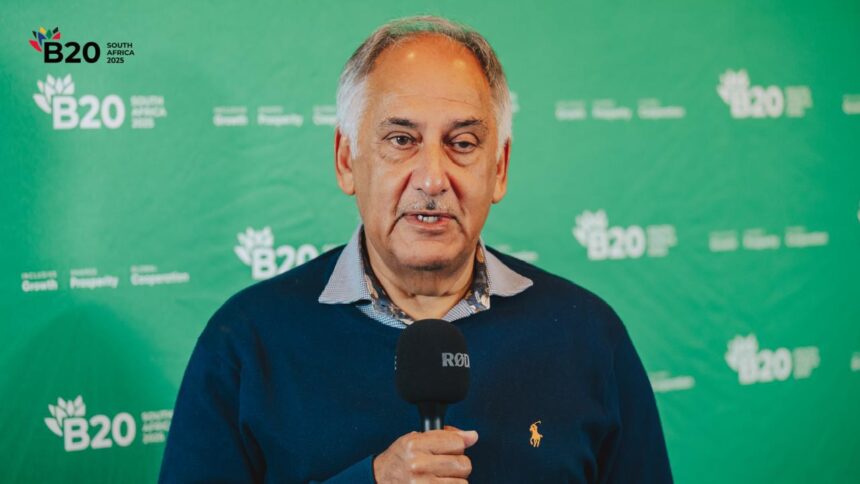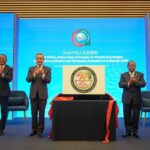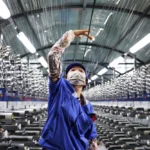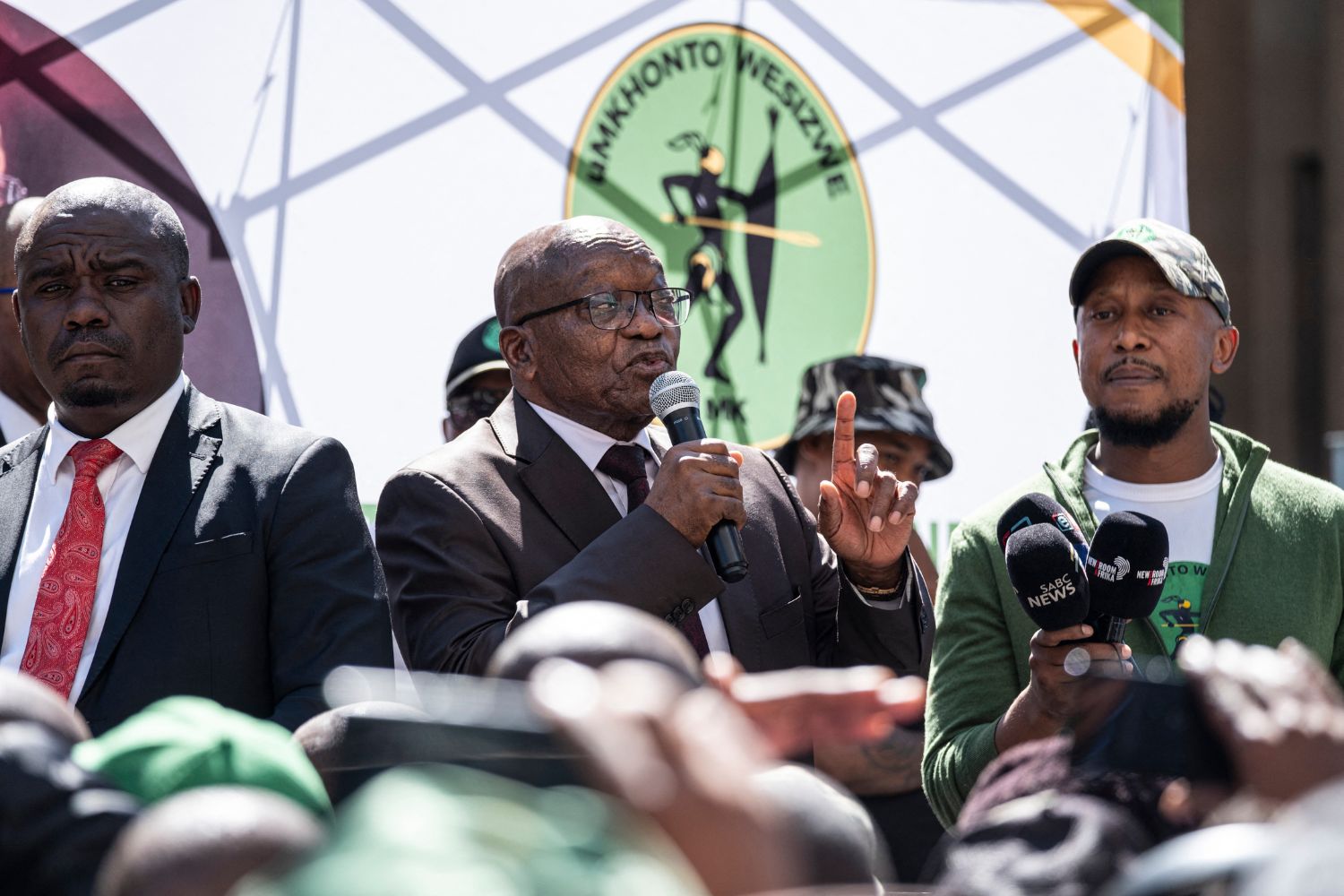The BRICS Business Forum held recently in Brazil offered more than symbolism. It marked a pivotal moment of strategic alignment between BRICS and B20 South Africa. It also underscored a growing truth: the future of the global economy is increasingly being shaped by the Global South. Africa must be at the centre of this shift.
With multilateral institutions under pressure and nationalism on the rise, there is no longer space for half measures or peripheral participation. For Africa, and for all emerging economies, coauthorship of the global economic agenda is not a distant aspiration. It is an urgent imperative.
The numbers tell a story of increasing momentum. Since 2017, South Africa’s trade with BRICS+ countries has grown by 70 percent, from 39 billion US dollars to an annual run rate of 55 billion US dollars between 2022 and 2024. Between 2023 and 2024 alone, trade totalled approximately 115 billion US dollars. More importantly, this is not just a story of volume. South Africa’s exports to BRICS+ partners have grown at an average rate of 8.3 percent per year, reaching 20.5 billion US dollars in 2023. This reflects increasingly diversified and maturing partnerships.
We are seeing deeper collaboration not only in trade, but in how we invest in our shared future. Infrastructure, long a drag on African growth, is now a site of renewed focus. Through the New Development Bank, BRICS countries have already financed over 100 billion rand in critical South African infrastructure projects. On 10 September 2024, the Bank issued three and five year notes totalling one billion rand in the South African bond market. This was a vote of confidence in local capital markets. It has also committed 1.15 billion rand to renewable energy and a further one billion rand under the Municipal Infrastructure Grant for water and sanitation.
These are more than transactions. They are building blocks of resilience. But scale remains a challenge. Africa still mobilises less than half the capital it needs for core infrastructure, while losing an estimated 120 billion US dollars annually to corruption. Addressing these gaps must be a shared priority, and it requires collaboration that is both intentional and reform driven.
The growing economic influence of BRICS+ and other emerging markets signals a decisive shift in global power dynamics. These nations are beginning to hold their own, not just in trade volumes but in the ideas and institutions shaping global governance. Importantly, this shift is not happening in isolation. Within the G20, countries committed to multilateralism, inclusive growth and open trade are aligning with this momentum. It is in this spirit that B20 South Africa, while championing the priorities of the Global South, continues to engage on behalf of the full B20 membership, promoting an agenda that reflects both diversity and shared purpose.
The BRICS Strategy for Economic Partnership, together with B20 South Africa’s push for harmonised investment frameworks, points to a shared agenda. It is an agenda focused on building a business friendly ecosystem that can unlock inclusive growth across the Global South. This is particularly urgent as the African Continental Free Trade Area begins to gather pace. Streamlining regulation, improving cross border finance, and reducing the cost of doing business across our continent are essential.
At the same time, we must be unapologetic about value addition. Africa cannot remain an exporter of raw materials and an importer of finished goods. Encouragingly, BRICS partners are shifting in this regard. They are increasingly importing value added products and investing in clean energy, automotive manufacturing and digital technologies. This is industrialisation with integrity, and it is central to building economic resilience and independence.
To fully participate in global value chains, Africa must also be embedded in global innovation networks. That requires more than capital. It requires knowledge sharing, skills transfer, and policy environments that reward productivity and long term investment.
These structural shifts must be matched by reform in the global governance system. Institutions designed in the aftermath of World War Two cannot speak for a world where the Global South represents the majority of the population, a growing share of economic output, and most of the world’s future growth.
If BRICS and B20 are serious about building a new multilateralism, one rooted in fairness and shared ambition, then reform must be placed at the centre of the agenda.
In B20 South Africa, we are already advancing recommendations through our taskforces. These range from accelerating implementation of the African Continental Free Trade Area, to promoting fairer and greener trade rules, to improving transparency and reducing the cost of cross border project finance.
These are not minor policy adjustments. They are part of a fundamental rethinking of how economies grow, how partners collaborate, and how markets are built.
The Global South is no longer waiting for permission to lead. It is stepping forward. But Africa must not miss the moment.
We are not an afterthought. We are not junior partners. We are and must continue to be co architects of a new global economic blueprint.













